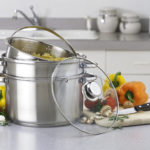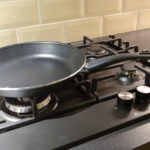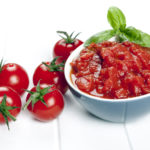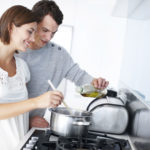Is Pressure Cooking Healthy?
You’ve recommending steaming as a healthy method of cooking. What about using a pressure cooker, which steams vegetables and cooks rice or beans in a fraction of the time compared to other cooking methods? Does the heat destroy the vitamins or does the brief cooking time preserve them?
Andrew Weil, M.D. | August 25, 2011
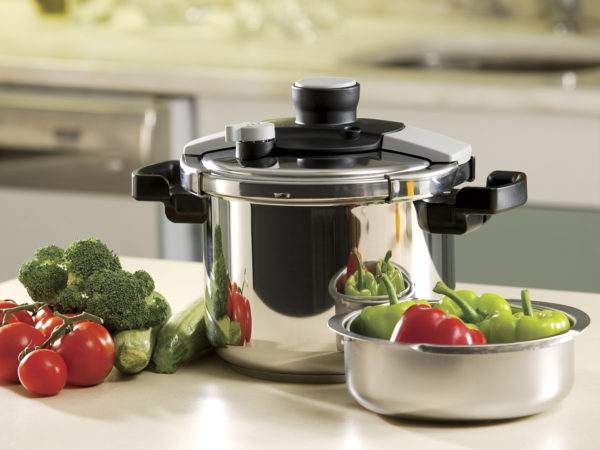
I think pressure cooking is a perfectly fine cooking method, and it allows you to cook foods much faster – generally, you can cut two-thirds or more from the usual cooking time. Pressure cookers work by raising the boiling point of water from 212 degrees Fahrenheit to 242 degrees, allowing considerable heat to be generated in the enclosed pan without losing the liquid. Pressure cookers are also a preferred cooking method for those following a macrobiotic diet.
These devices used to be regarded as somewhat dangerous with their ominous hissing and presumed potential to explode. Today’s pressure cookers are safer and less intimidating than early models. Pressure cooker fans insist that foods cooked this way are more intensely flavorful and retain more nutrients. And while opinions will vary regarding these qualities, shorter cooking times mean pressure cooking tends to preserve vitamins better than other cooking methods.
Once you’ve put your ingredients and liquids into a pressure cooker, sealed it and set the timer, you have to trust that your recipe will turn out as desired – you can’t peek into the pot, which is one of the reasons why some cooks don’t like the method. And, of course, pressure cooking doesn’t suit all types of foods – it’s best for cutting the time for cooking stews, soups, and cooking with whole grains and legumes (20 minutes for brown rice instead of the usual 50 minutes). If you have a pressure cooker and know how to use it, don’t worry about losing the nutrients – if anything, you’ll preserve more of them this way, not less.
Andrew Weil, M.D.







